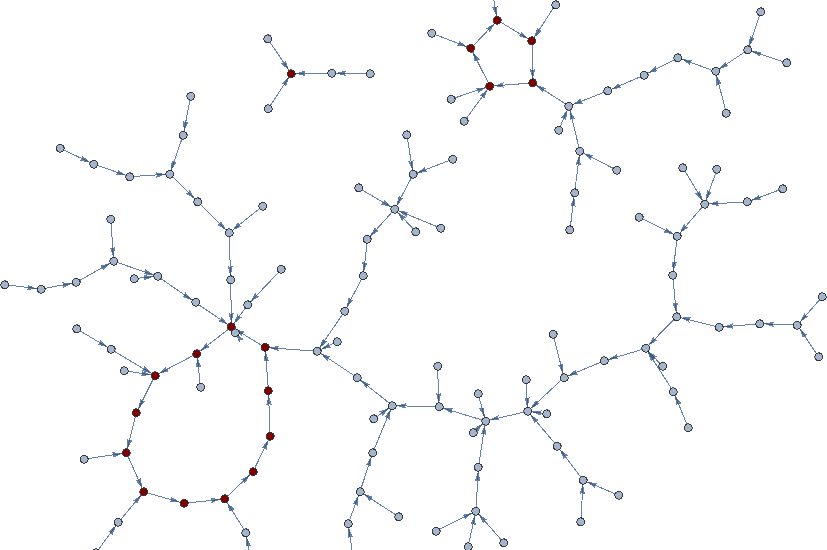



SHA-256 is a cryptographic hash function widely used in various security applications, including legal privacy. A hash function takes input data of any size and produces a fixed-size output known as a hash or digest. The output is a unique representation of the input data, and any slight change to the input will result in a completely different output.
In legal privacy, SHA-256 can be used to ensure the integrity and authenticity of legal documents and evidence. By generating a hash value for a legal document, any changes to the document will result in a different hash value. Therefore, the hash value can be used to detect any tampering or alterations made to the paper, which is crucial for maintaining the trust and reliability of legal documents and evidence. SHA-256 can also be used to protect the privacy of legal data. In legal cases, sensitive information such as personal, financial, and medical records may need to be shared with various parties. By using SHA-256 to generate a hash value for the data, the sensitive information can be kept confidential while still allowing the parties to verify the integrity of the data.
In legal protection, SHA-256 can be used to ensure the confidentiality, integrity, and authenticity of legal documents and communications. By generating a hash value for a legal document, any changes to the document will result in a different hash value. Therefore, the hash value can be used to detect any tampering or alterations made to the paper, which is crucial for maintaining the trust and reliability of legal documents. SHA-256 can also be used to protect the privacy of legal data. In legal cases, sensitive information such as personal, financial, and medical records may need to be shared with various parties. By using SHA-256 to generate a hash value for the data, the sensitive information can be kept confidential while still allowing the parties to verify the integrity of the data.
In addition, SHA-256 can be used in digital signature schemes to provide non-repudiation, meaning that the signer cannot later deny having signed the document. This is important in legal cases where the authenticity of a signature is in question.
In conclusion, SHA-256 is an important algorithm for legal protection as it provides a secure and reliable way to ensure the confidentiality, integrity, authenticity, and non-repudiation of legal documents and communications. It helps to prevent fraud, forgery, and other forms of misconduct and ensures the fairness and reliability of legal proceedings.